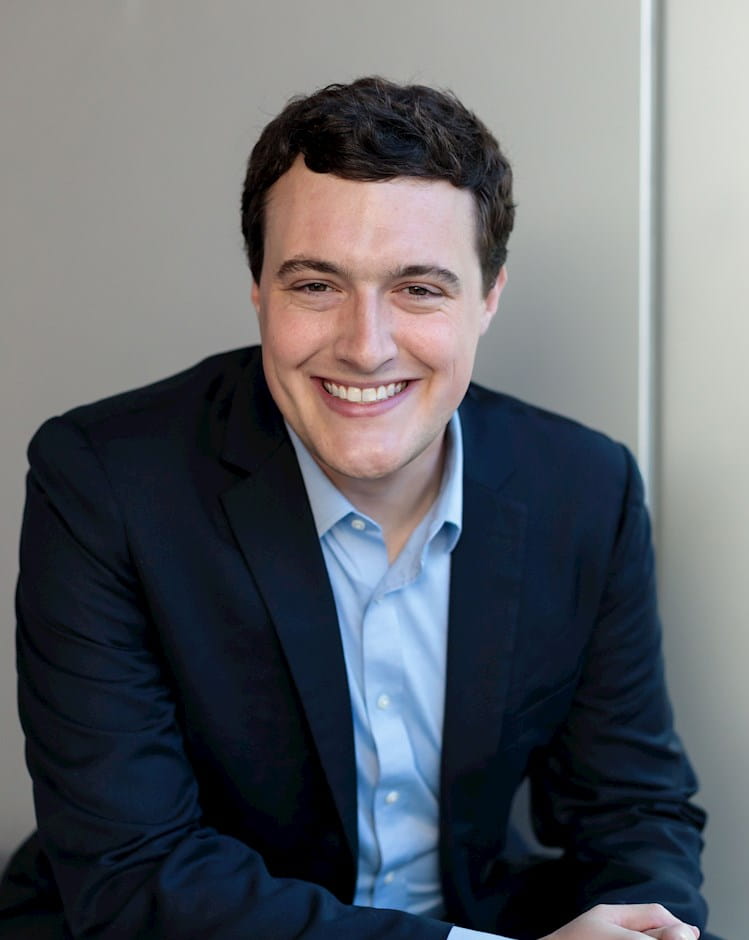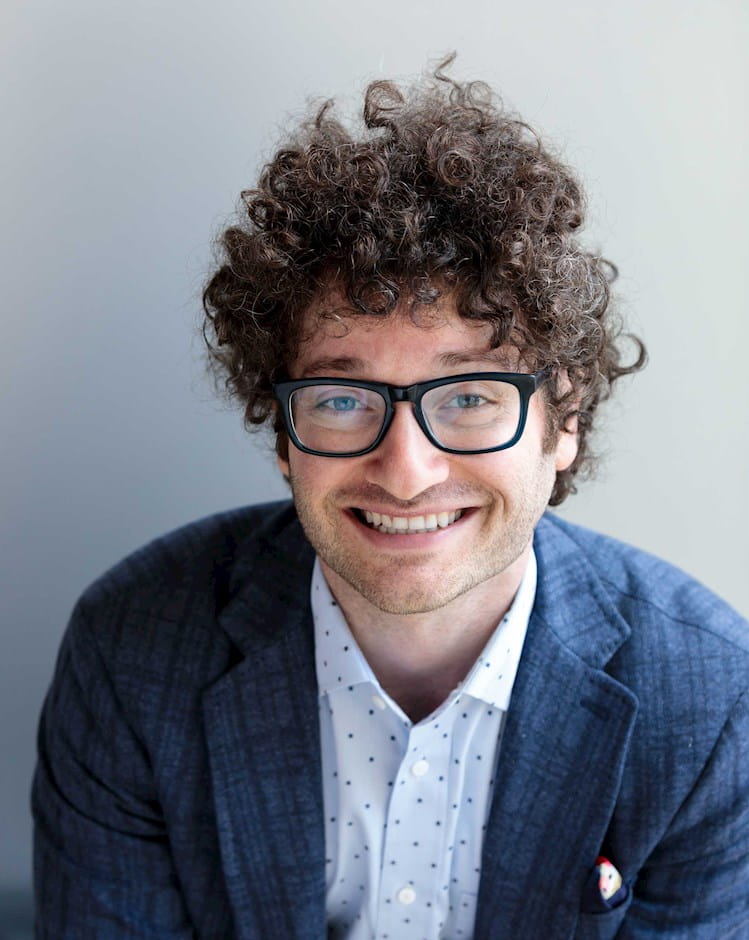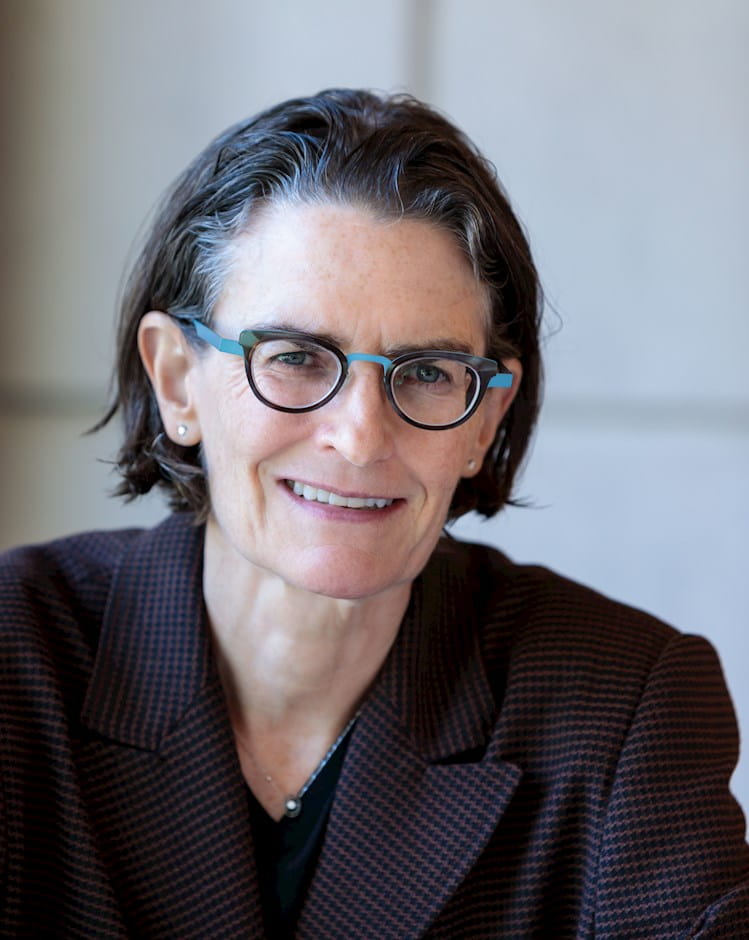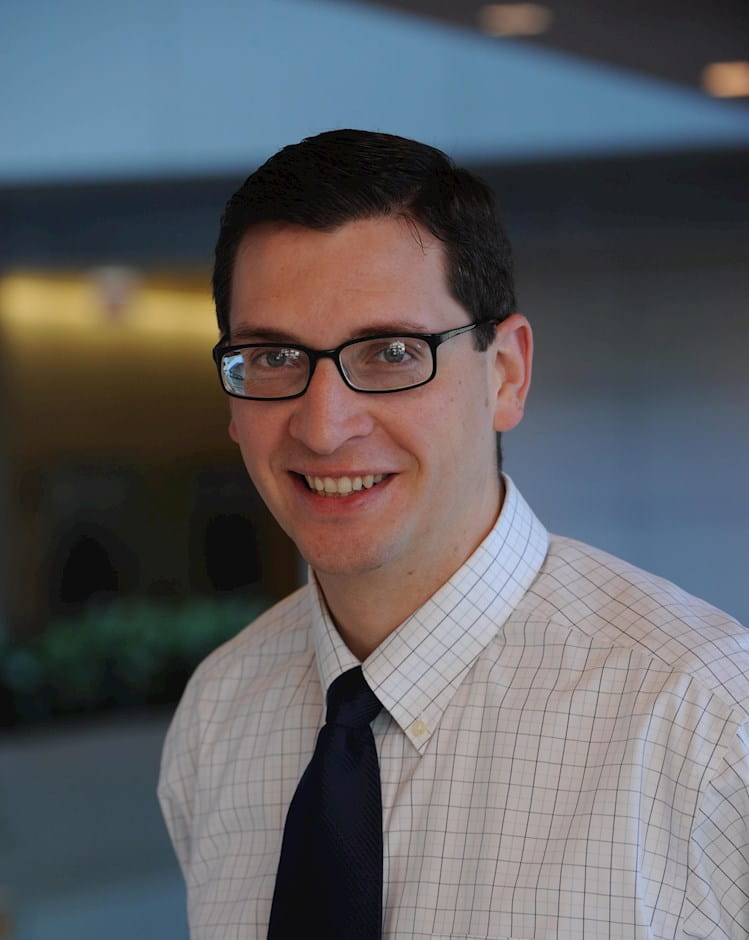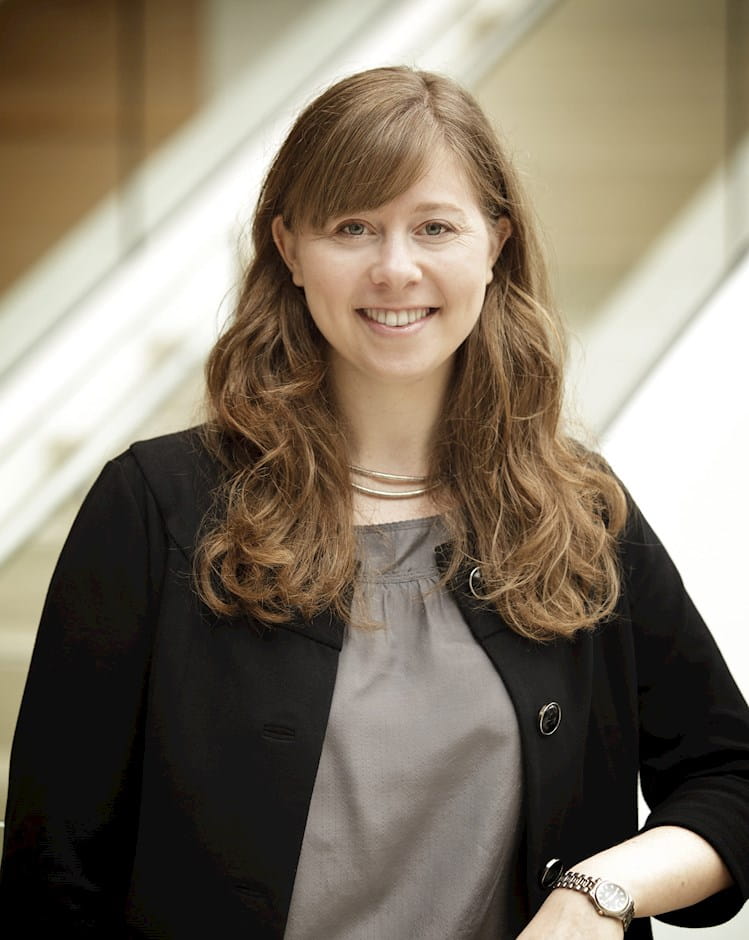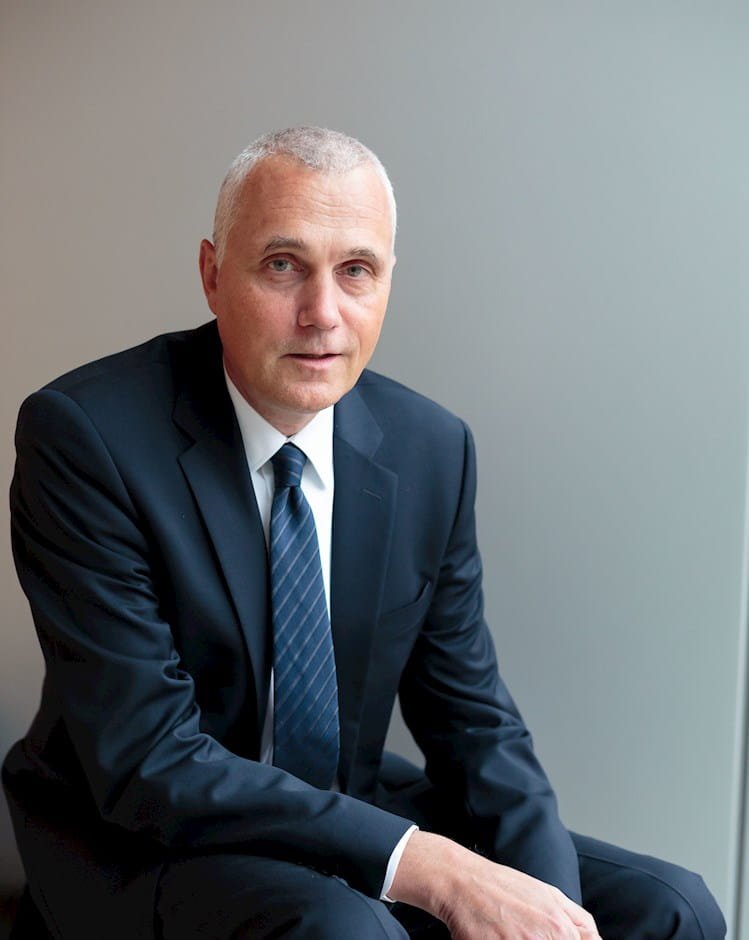
PhD Joint Program in Psychology and Business

In our joint PhD program, you will have the freedom to conduct research on topics that matter to you—whether that means focusing on specific questions in psychology or taking an interdisciplinary approach.
In recent years, our doctoral students have studied topics as diverse as the effect of language on adherence to social norms, the intuitive jurisprudence of punishment, and the consequences of perceived legitimacy for governance.
Overseen jointly by the Behavioral Science dissertation area at Chicago Booth and UChicago’s Department of Psychology, the Joint PhD Program in Psychology and Business connects social, cognitive, and organizational psychologists across Booth and the university.
Our Distinguished Behavioral Science and Psychology Faculty
This interdisciplinary program brings together behavioral science and psychology faculty who will teach you, advise you, mentor you, and guide your course of study and research.
Department of Psychology Faculty
See the Full List of Psychology Faculty
Behavioral Science Faculty
A Network of Support
Chicago Booth is home to several groundbreaking research centers that offer funding for PhD students while connecting them with peers and researchers from Booth and around the world.
Center for Decision Research
The Center for Decision Research (CDR) is devoted to the study of how individuals form judgments and make decisions. Researchers at the center examine the processes by which intuition, reasoning, and social interaction produce beliefs, judgments, and choices.
Spotlight on Research
Chicago Booth Review frequently highlights the work of PhD students and faculty in psychology and business.
The PhD Experience at Booth
Juliana Schroeder, PhD ’15, talks about her research into how people convey their mental capacity to others.
- Roman Gallardo
- Yena Kim
See a list of the current students in our Behavioral Science PhD Program.
General Program Expectations and Requirements
The Stevens Program at Booth is a full-time program. Students generally complete the majority of coursework and examination requirements within the first two years of studies and begin work on their dissertation during the third year. In addition to coursework, students enrolled in Joint Programs with the Division of the Social Sciences are required to meet the divisional teaching requirement by completing a total of 5 teaching assistantships, typically in years three and four.
How to Apply
To apply to the Joint Program in Psychology and Business through Chicago Booth, apply online for admission to the Behavioral Science dissertation area. Once admitted to Booth, you may apply to the joint program at any time during your first two years of study.

